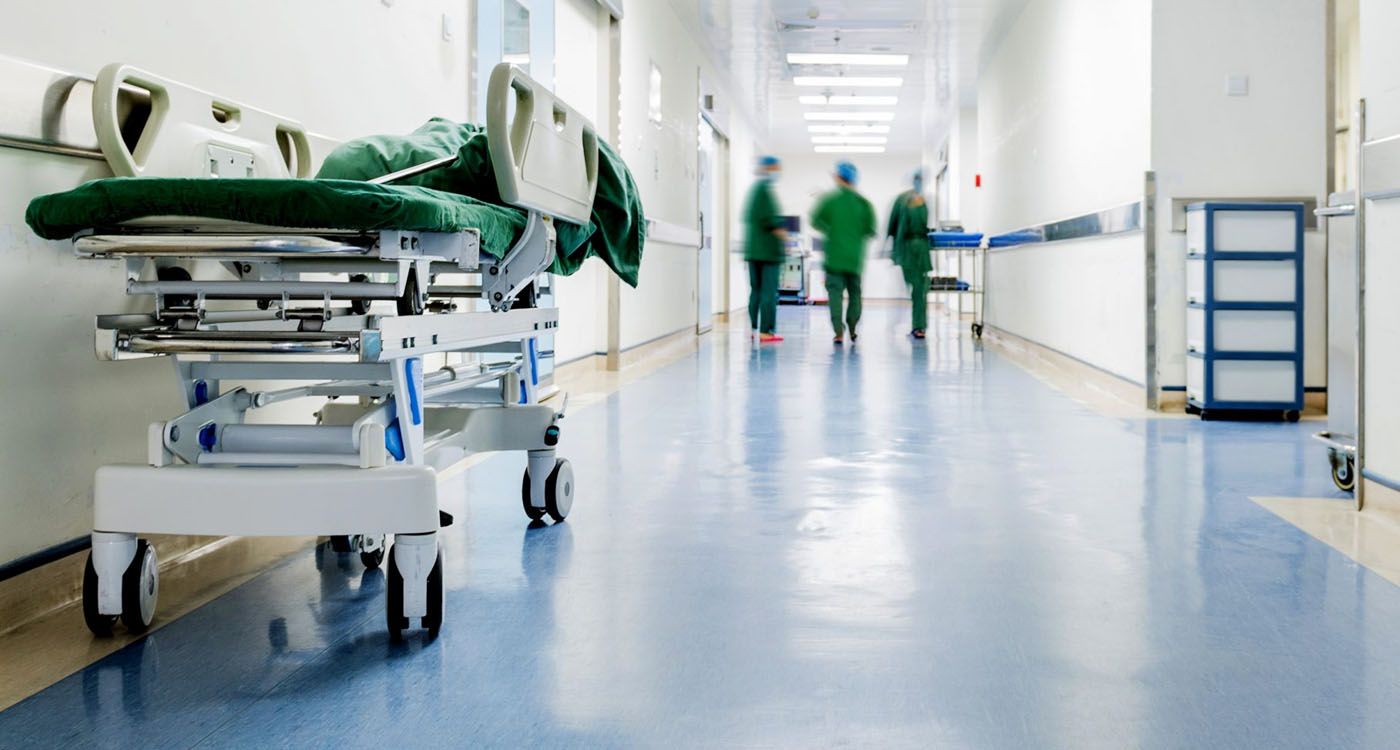
For years, Lebanon has been navigating turbulent waters, grappling with soaring inflation, the devaluation of its currency and the collapse of public services. Healthcare has been among the hardest hit, with hospital fees skyrocketing and insurance premiums becoming unaffordable. Access to medical care has sadly turned into a luxury in the country.
The 2019 economic crisis has had a profound impact on Lebanon’s healthcare system, driving costs to alarming levels. Health insurance companies have been forced to adjust premiums in response to the devaluation of the Lebanese pound, making access to adequate healthcare coverage increasingly difficult, especially for the middle and lower classes. As a result, many Lebanese are unable to afford insurance premiums, paid in US dollars, which are far out of proportion to their income.
Surge in Hospital Fees
Hospitals in Lebanon have also had to raise their fees due to the economic downturn. This has been further exacerbated by the rising costs of medications and medical equipment, much of which is imported and paid for in foreign currency. Between 2019 and 2025, hospital fees have risen by a staggering 120%.
In addition, the Syndicate of Hospital Owners in Lebanon has announced that, effective February 2, 2025, hospitals will increase contracted fees with insurance companies by 15%. This decision is deemed necessary to “maintain the quality of services provided to insured patients.”
The syndicate explained that “the real cost of services no longer aligns with the rapid rise in the prices of goods, particularly consumables included in hospital service costs (non-billable items), especially after subsidies were lifted on some of them.” They also pointed to “other factors contributing to the increased cost of services.”
In an interview with This is Beirut, Assaad Mirza, Chairman of the Association of Insurance Companies, “categorically rejected” this proposed fee increase.
Mirza shared that he had contacted university hospitals, which confirmed that the rise in fees, commonly referred to as the “high cost of living,” ranges between 3% and 5%. In a letter, he reminded the Syndicate of Hospital Owners that both the insured and the general Lebanese population “are already suffering from the high cost of living” and that it is “impossible to impose another increase on them.”
As a result, insurance companies will only engage with hospitals that do not raise their fees.
Furthermore, the majority of insurance policies have already been issued, reflecting only a modest increase of about 5%, rather than a substantial hike. “In fact, they are still 15% cheaper than in 2019. For example, an insurance premium for a 50-year-old was $1850 in 2019, compared to $1700 in 2025,” indicated Mirza.
In addition, the health insurance sector is unable to bear this additional financial strain, especially as it is already incurring a 130% loss. “Around 200,000 people have abandoned the insurance sector, not to mention those who have downgraded, moving from first-class to second-class coverage,” noted Mirza.
Rising Dependence on Religious Aid
As health insurance premiums and hospital fees continue to climb, an increasing number of Lebanese are turning to religious mutual aid organizations for more affordable healthcare options. Managed by religious institutions – whether Orthodox, Greek Catholic, Sunni, Shiite or Druze – these organizations offer health coverage plans that are significantly less expensive than those provided by traditional insurance companies.
While religious mutual aid organizations are sometimes criticized for their lack of transparency and limited coverage, they have become a crucial lifeline for many Lebanese families. They often offer greater flexibility in terms of payment, with some providing preferential rates exclusively for members of their religious communities.
The growing popularity of these organizations is driven not only by their lower costs but also by a wide network of partner hospitals and clinics that accept their cards without requiring upfront payments. These systems have proven effective in providing medical support to a large number of Lebanese, although the quality of care can vary depending on available resources.
The sharp rise in hospital fees and the adjustment of insurance premiums have further exacerbated inequalities in access to healthcare, leaving many Lebanese unable to afford necessary treatment. It is high time for the authorities to intervene and reform the healthcare system, ensuring that quality care is accessible to all, regardless of financial capacity.
For now, healthcare has become a privilege for some and an unattainable luxury for others.


Comments